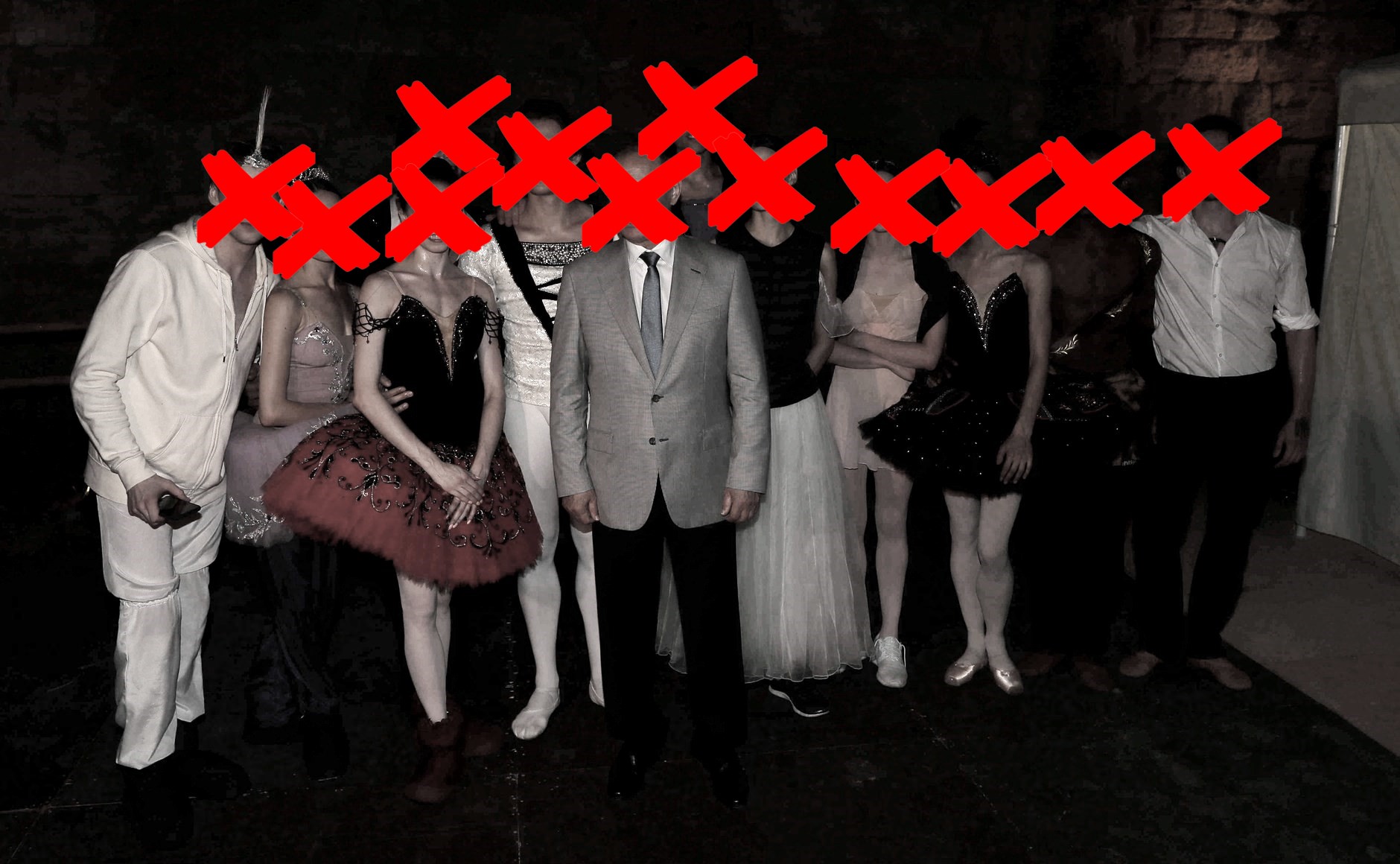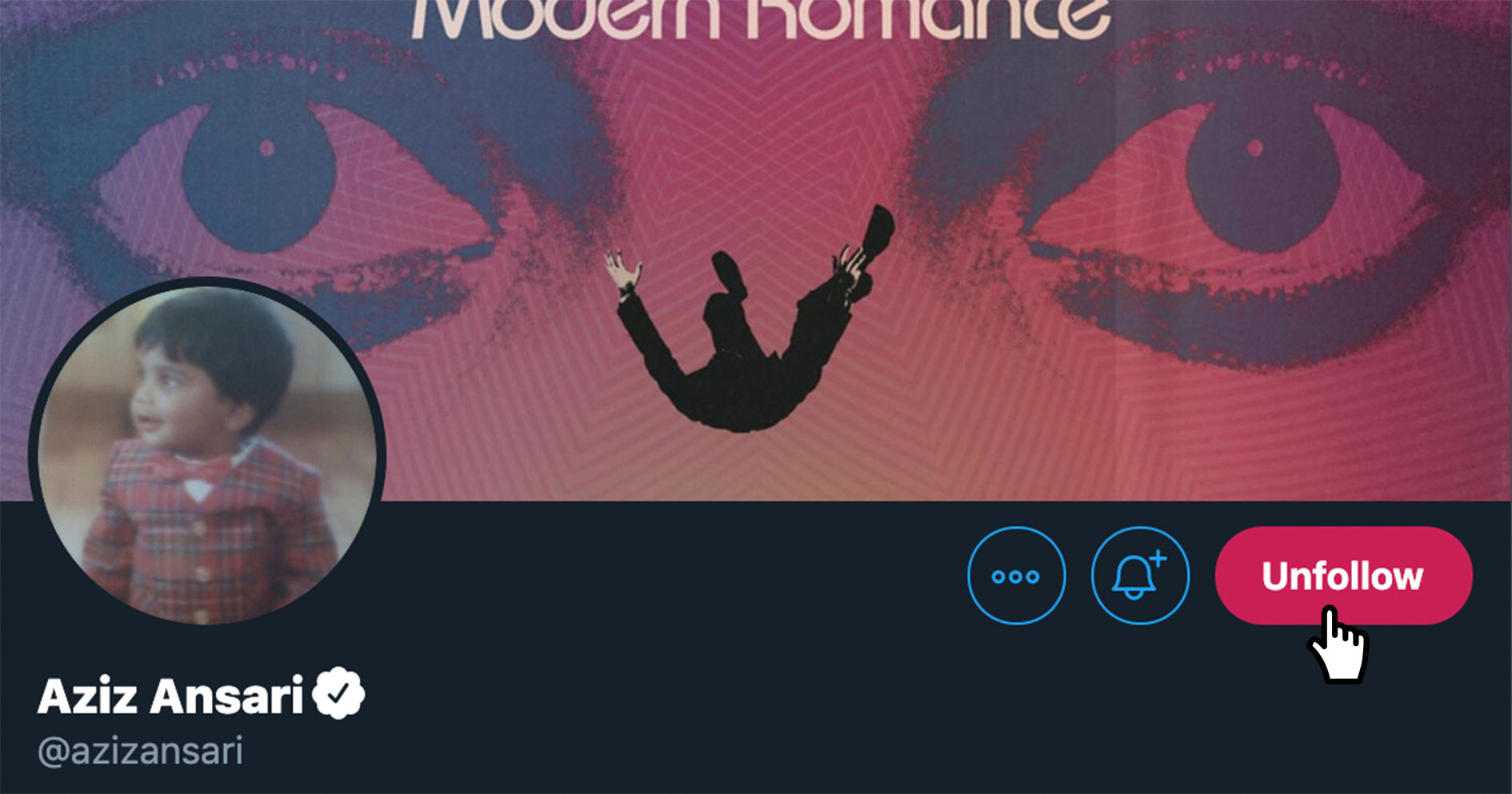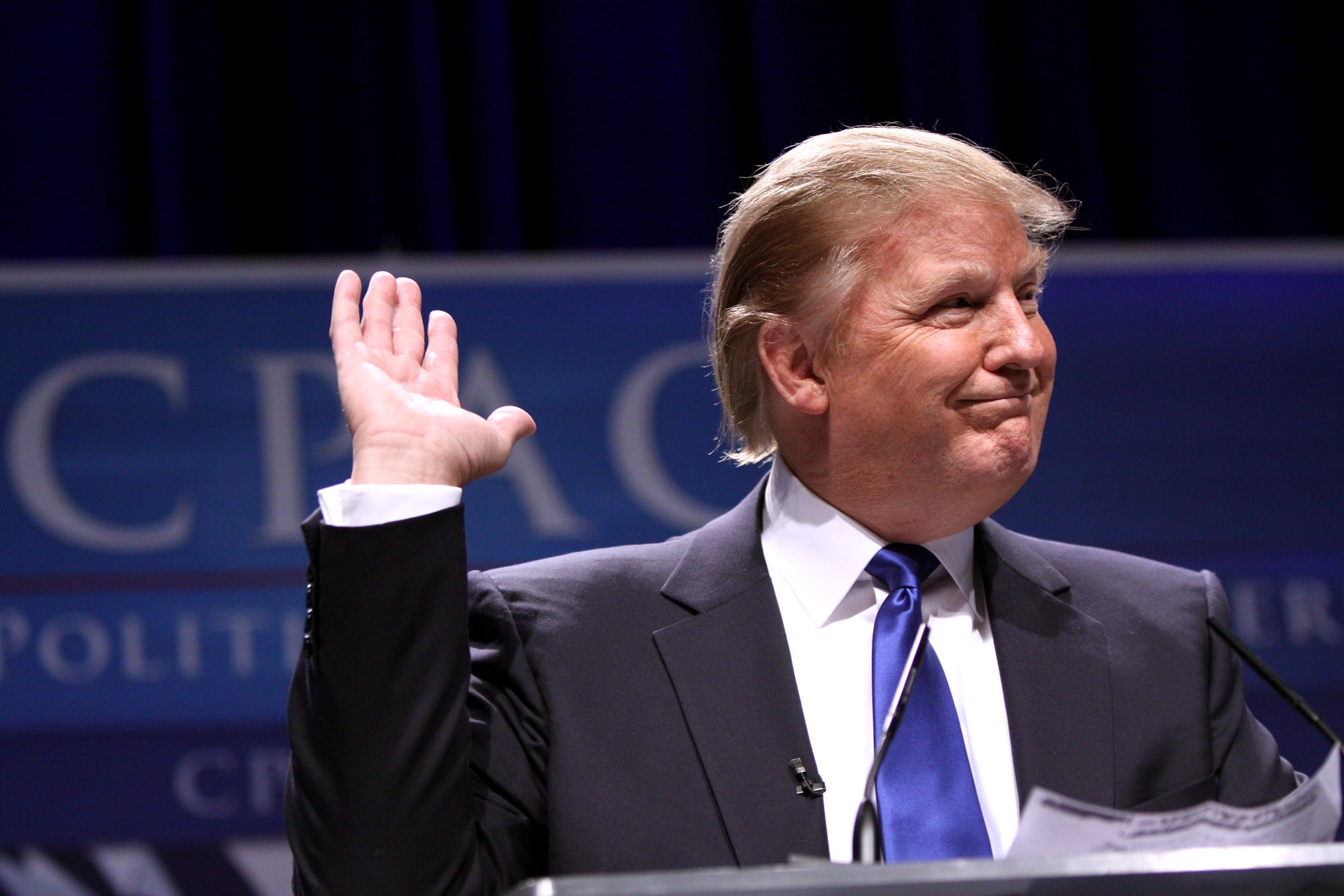The Leftist Case Against Cancel Culture

By Gurwinder Bhogal
Staff Writer
15/9/2019

One by one, the people of the world are being cancelled.
Last month it was comedian Sarah Silverman, who was fired from a movie she was working on after the re-emergence of a decade old picture of her in satirical blackface.
More recently it was video game developer Alec Holowka, who was ostracized by his colleagues after being publicly accused by a feminist activist of “emotional abuse and sexual assault” a decade or so ago. He subsequently committed suicide.
Increasingly, public figures live in fear that they’ll say or do the wrong thing, or have something they said or did long ago presented before the online mobs, resulting in the cancellation of their careers, reputations, and even lives.
The poet Camonghne Felix assures us that “cancellation isn’t personal but a way for marginalized communities to publicly assert their value systems through pop culture.”
His views are shared by many on the left, who praise “cancel culture” as a powerful tool of social justice, diminishing the influence of those who fall short of ethical standards, and thereby preserving the purity of our role models, thought leaders, and of society itself.
But a careful analysis of the means and ends of cancel culture will reveal that it is both a contravention of the left’s founding tenets and counterproductive to the pursuit of social justice.
Cancel culture began as call-out culture, a tendency by social justice activists to publicly shame people online for problematic behavior. Campaigner Hari Ziyad claims call-out culture can come from a place of love because it can “indicate the belief in the recipient’s capacity to be a better person.” On the other hand, fellow activist Karla Thomas claims call-out culture is not really about helping the recipient of the calling out, but about helping the recipient’s victim by reassuring them that “those transgressions were seen and will not go unaddressed.”
Cancel culture began as call-out culture, a tendency by social justice activists to publicly shame people online for problematic behavior.
While it may be worrying that social justice activists can’t agree on the precise reasons they are shaming people online, they do at least agree that the shaming is well-intentioned. According to the writer Busang Senne, “[t]he history of call-out culture started with black people, POC and queer communities using it as the last line of defence in engaging with trolls online.”
But the history of call-out culture actually begins long before that, because it is a clear continuation of the long tradition of public shaming, which has been employed in the supposed defence of morals throughout human history.
In wartime France, women accused of collaborating with Nazis were called out by having their heads shaved and swastikas painted on their heads, and being paraded through the streets.
In London in 1552, a couple guilty of smuggling pigs were called out by being forced to wear pig carcasses around their necks, and crowns of pigs’ toes on their heads.
During the Cultural Revolution in China, people were routinely called out in “struggle sessions,” in which targets was dragged into the centre of a sports stadium and forced to humiliate themselves with outlandish self-criticism while wearing dunce caps or even waste baskets on their heads and signs around their necks, to a cacophony of denunciations from the crowd.

Xi Zhongxun, Xi Jinping’s father, was publicly denounced during the Cultural Revolution. The sign hung around his neck brands him as an opponent of the Chinese Communist Party.
In the modern world we don’t need to use dunce caps or swastikas or crowns of pigs’ toes to highlight transgressors, because we have tweets and Facebook posts: instant humiliation from the comfort of your own home.
If call-out culture is just the digital incarnation of the ancient tradition of public shaming, then it could be argued that its corollary, cancel culture, is just the digital incarnation of the ancient tradition of ostracism, which has typically followed public shaming.
But cancel culture is a form of ostracism that is highly peculiar to the age of social media. It is the logical result of a generation that has grown up being able to unfriend, unfollow, block, and report all problematic people away, and therefore, unlike the generations who preceded social media, never had to learn how to get along with people they objected to.

It is also a result of rampant consumerism. The very term “cancelling” suggests a tendency to view people not as humans but as mere subscriptions, services, products.
The term “cancelling” also implies a certain finality, which is borne out by the fact that acts of public shaming and ostracism are often impossible to fully recover from. The failure of cancel culture to accommodate the possibility of redemption is incongruous with the fundamental ethos of progressivism, which as its name suggests is predicated on a belief in human progress.
Thus, cancel culture — with its dehumanising and consumerist othering of people as mere goods, services, or brands for whom a single PR disaster can prove fatal — embodies the ideological antithesis of leftism.
But cancel culture doesn’t only contravene leftism theoretically. It also acts as an obstacle to the very practice of leftism itself.
Karla Thomas may not be wrong that cancel culture reassures victims of bigotry that their injuries will be addressed. The problem is, the reassurance is empty, because there is no evidence cancel culture actually addresses anything. Rather than teach bigots to stop being bigoted, it seems more likely to teach them to be more devious in their bigotry.
Some may argue that cancelling problematic individuals, and making them fear airing their ideas in public, diminishes their influence, and therefore the harm they can do. But there are several problems with this justification.
Firstly, there is no guarantee that someone who is cancelled actually deserves to be, because cancelling is an act conducted by online mobs, who tend not to value due process. Holowka’s case is one example. The public shaming he received from Zoe Quinn led to his ostracism (and likely suicide), despite the fact that Quinn’s allegations have serious credibility issues.
Secondly, even if the online mobs are able to get it right, they have a severely limited jurisdiction. Cancellation is something that mostly affects people in leftist social circles like Hollywood or the academic humanities. The principal opponents of social justice activists — right-wingers — are largely immune to cancellation. This is because public figures can only be cancelled by their own supporters or superiors, not by their enemies, and the right doesn’t have much in the way of a cancel culture (or even a call-out one).
The principal opponents of social justice activists — right-wingers — are largely immune to cancellation.
As a case in point, Bernie Sanders was recently called out by many leftists, including commentator Tom Watson, for using the word “nigger” in a 1997 book while trying to make a point about how racism was used in the US to prevent destitute whites from achieving “class awareness.” The context didn’t seem to justify Sanders’ use of the word to his fellow leftists, some of whom immediately called for his cancellation.

Bernie Sanders, darling of the left, yet still targeted by cancel culture despite (or perhaps because of) this (Picture Credit: Lorie Shaull)
Meanwhile, Donald Trump has a long history of racially suspect behavior, from his refusal to let his apartments to black people to his claims that Barack Obama was born in Kenya. Yet such acts don’t appear to have led his supporters to call for his cancellation. If anything, they have made him more popular, because, to many Trump supporters, moral purity is not as important as “triggering the libs.” Leftists calling out Trump only make him seem like a greater thorn in the side of the liberal establishment, which is precisely what his followers want him to be.
It could of course be argued that Trump’s apparent racism has not led to a backlash among his supporters simply because, to them, racism is not a pressing issue. Crucially, however, Trump is not even in danger of being cancelled by his conservative supporters for transgressing conservative values. Consider for example his apparent infidelity, and his denigration of war heroes and gold-star families.
Consider also that Trump recently planned to host the Taliban at Camp David for peace talks — ahead of the anniversary of September 11th. If a centrist or left-leaning president had planned to host jihadis with whom the US had been at war, he would have been lambasted by the right as an appeaser or even traitor, but because Trump had done it, it was clearly the Christian and patriotic thing to do.

Donald Trump: seemingly immune to cancellation (Picture Credit: Gage Skidmore)
The right’s purported love of freedom, and its more pragmatic approach to politics, means that it is generally far more forgiving of minor transgressions by its own members than the left is. It’s not unheard of for right-wingers to cancel their own, but it typically takes a very serious infraction, such as advocating underage sex (for which the right deposed its dauphin of free speech, Milo Yiannopoulos).
Given that cancel culture is largely a leftist phenomenon, and that it only has the power to cancel those who are part of the culture, the vast majority of those cancelled have been leftists. The overall result of cancel culture is therefore not, as its proponents claim, the furtherance of social justice; it is the cannibalisation of the left and the strengthening of the right.
The overall result of cancel culture is the cannibalisation of the left and the strengthening of the right.
It should be noted, however, that the damage leftists can wreak upon other leftists is limited by the fact that cancel culture is all but useless against anyone with real power. Take for example Bill Maher, the left-leaning talk show host who has been the target of various cancellation campaigns by his fellow leftists due to his unwillingness to be politically correct.
Students at Berkeley tried to cancel him due to his criticisms of Islam. They failed. Various petitions (like this one and this one) tried to cancel him for apparently fuelling racism. They failed. Congresswoman Rashida Tlaib recently tried to have him cancelled after he called the anti-Israel BDS movement “bullshit.” All indications are that she too will fail.
True, Maher did once get into hot water for calling himself a “house nigger” on his show, but even this didn’t do any lasting damage to his popularity.

Still not cancelled: Bill Maher next to his star on the Hollywood Walk of Fame (Picture Credit: Angela George)
Bill Maher has remained exempt from cancellation because he remains entertaining to his fans and lucrative to his executives. Which begs the question: if charisma or money can immunize one against cancellation, then what use is it as a tool of social justice? Cancel culture is ultimately little different from a popularity contest. As such, it does not, as its proponents claim, “level the playing the field.” It only makes the playing field more uneven.
The two groups that cancel culture is primarily intended to target — right-wingers and the ultra-powerful — may be largely immune to cancellation, but those that cancel culture is supposed to serve — left-wingers of little to middling power — are particularly vulnerable to it. The ultimate consequence of this is that the fear of appearing oppressive tends to coalesce most in the places in which it is least needed.
As an example, consider academia, a space consisting mostly of leftist professors teaching leftist students. Such professors now frequently talk of their terror of being cancelled by their students, to such an extent that they severely restrict the content of their syllabi.
One liberal professor, writing fearfully under the pseudonym “Edward Schlosser,” laments that he now hesitates to engage his students with challenging ideas because “hurting a student’s feelings, even in the course of instruction that is absolutely appropriate and respectful, can now get a teacher into serious trouble.” Another professor, Dennis Hayes, concurs, claiming “the consequences of arguing anything difficult is potentially that you could be sacked.”
Such an atmosphere logically leads to what the German political scientist Elisabeth Noelle-Neumann called the “spiral of silence,” a phenomenon in which people self-censor unpopular opinions, leading to those opinions becoming less popular and subsequently more likely to be censored.
Except, when one is paid to speak, silence is not an option, so the outcome for a university would not be a spiral of silence but a spiral of lies, in which academics prostitute themselves to make their students feel good rather than think well.
And where does this lead? Potentially to an Abilene paradox, an absurd situation in which an organisation begins to act against the personal wishes of each of its members simply because each member has a false idea of what the other members believe. It’s impossible to tell how much our left-leaning institutions are already subject to this paradox, because cancel culture has blurred the line between fiction and reality, between activism and performance art — making modern leftism an insincere ideology.
Cancel culture, then, is a culture of self-deception, which harms the integrity of the left. But it is also a culture of cannibalism, in which leftists eat their own. It is a culture of privilege, which only ruins the lives of those who are not megastars. It is a culture of kangaroo courts, for the online mob doesn’t believe in due process. Finally, it is a culture of consumerism, dehumanising people into brands whose survival depends purely on their PR.
Cancel culture is a culture of consumerism, dehumanising people into brands whose survival depends purely on their PR.
In short, cancel culture is toxic to leftism, both ideologically and pragmatically. It is not a means of addressing oppressive behavior, it is oppressive behavior.
So what is the solution? Is it possible to have a culture of accountability that actually follows the left’s principles, serves the left’s interests, and will not be hijacked by the petty and vindictive?
Some activists have proposed an alternative to calling out: “calling in,” whereby instead of publicly shaming those who engage in oppressive behaviour, one privately points out what they did wrong and suggests ways they can improve. Likewise, perhaps instead of cancelling problematic people, leftists can start counselling them.
Private admonition may not be a great leftist tradition like the public denunciations seen in the Maoist struggle sessions or Moscow show trials, but it is truer to leftist values. After all, leftism was founded on the idea of fighting oppression, not contributing to it. It was founded on the idea of abolishing arbitrary social hierarchies, not creating an arbitrary social hierarchy of public relations savvy. Most crucially of all, it was founded on the idea that humans can and should be reformed, not cancelled.
Leftism was founded on the idea that humans can and should be reformed, not cancelled.
And if principled arguments against cancel culture are not sufficient, then consider a pragmatic one: leftism will simply not be able to contend with rightism if leftists keep ruining the reputations of their own public figures for failing trivial moral purity tests.
One way or another, the hope for progressivism rests on a hope for human progress. If social justice activists want a better world, then they will have to start believing that people are redeemable. If they cannot, then they themselves may be beyond redemption.
Note: A previous version of this story confused Tom Watson, the deputy leader of the UK’s Labour Party, with Tom Watson, the commentator. We regret this error.
